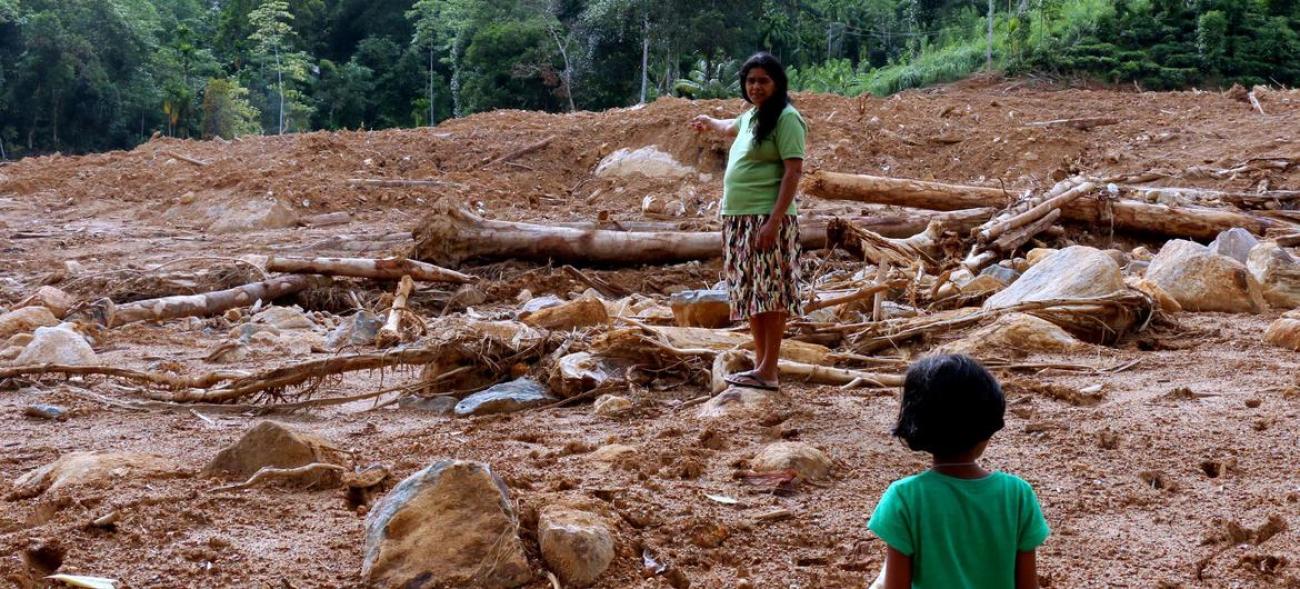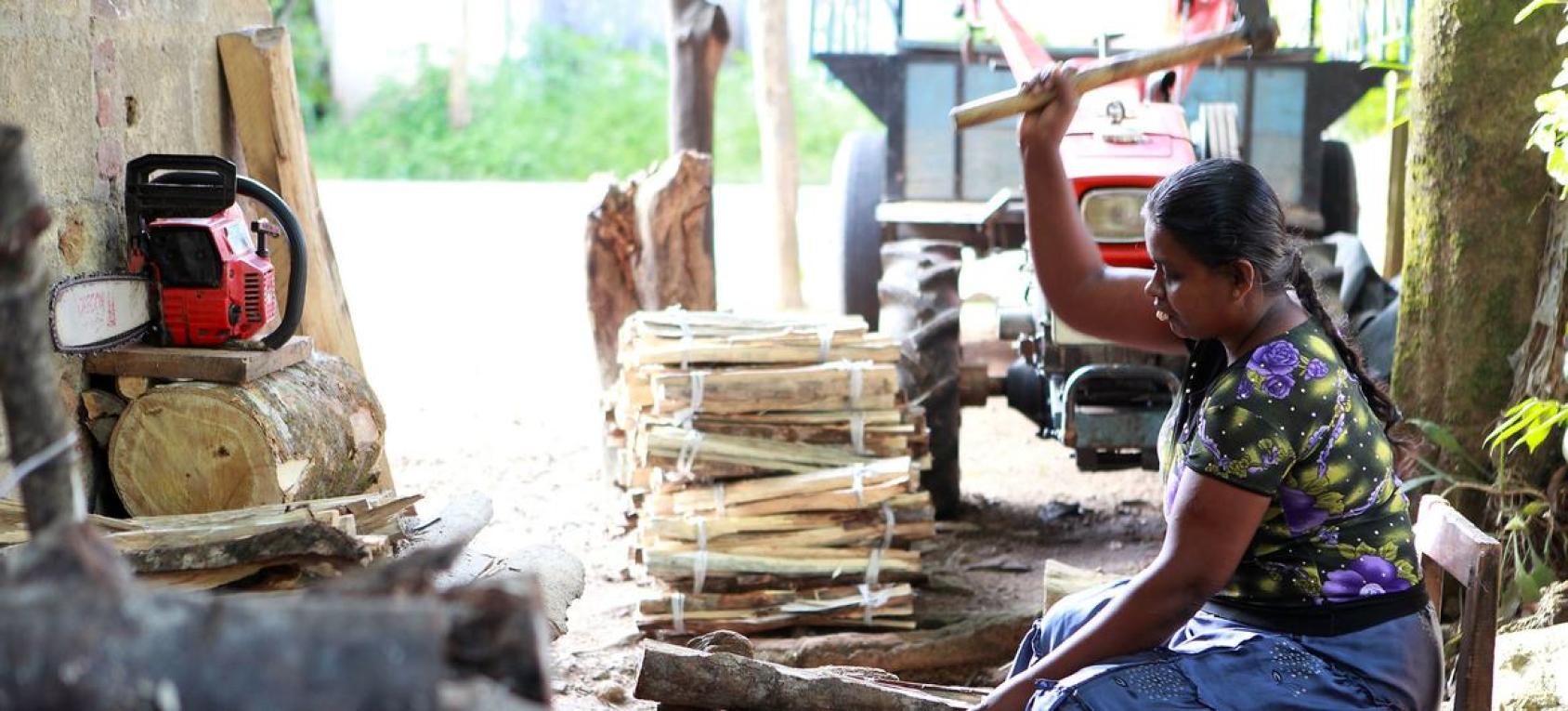We must act now to support Sri Lanka through its worst economic crisis, warns Resident Coordinator

Speaking this afternoon via video link at the UN Secretary-General’s Spokesperson’s noon briefing in New York, United Nations Resident Coordinator for Sri Lanka, Ms. Hanaa Singer-Hamdy, outlined the urgent funding asks of the Joint Humanitarian Needs and Priorities Plan (HNP Plan) which was launched today in coordination with development and humanitarian partners in Sri Lanka.
The HNP Plan calls for $47.2 million to provide life-saving assistance to 1.7 million people affected by the current economic crisis in Sri Lanka.
To be implemented over a four-month period from June-September 2022, the Resident Coordinator explained:
"The HNP is a direct response to the Government of Sri Lanka’s request for United Nations-backed multi-sector international assistance to respond to the most urgent needs arising from the recent crisis."
The Resident Coordinator told reporters in New York that Sri Lanka, which is a formerly upper-middle income country, now finds itself in the grips of the worst economic crisis since independence. The Humanitarian Country Team estimates that 5.7 million women, children and men are now in urgent need of assistance. The knock-on effects of the economic down-turn have been immediate and wide-ranging, Ms. Singer-Hamdy warned.
"This crisis has serious consequences particularly for food security, agriculture, livelihoods, and access to health, protection and education."
With food inflation reaching a high of 57.4 per cent in May, many essential food items are now out of reach for the most vulnerable families across Sri Lanka. Surveys conducted by humanitarian partners show a large proportion of people affected are already using coping mechanisms such as borrowing money and reducing their food intake.
The Resident Coordinator warned that such mechanisms are not sustainable over the long term and will lead to greater losses in the future.

On top of this, Sri Lanka’s healthcare system — which, Ms. Singer-Hamdy reminded reporters, was once strong and well equipped — is now in "serious jeopardy" as a result of the economic crisis. Many essential medicines remain out of stock, leading to a spike in preventable deaths across the country.
The HNP Plan recognizes that without immediate intervention, the multiple crises facing Sri Lanka today could escalate into a broader humanitarian crisis in the coming months.
“Our goal is to prevent a humanitarian crisis later in the year and bridge to development and socio-economic interventions’ explained the Resident Coordinator.
We must act now to support the production of food, so that people have enough to eat. We must protect livelihoods, so that people can continue to make a living. We need to scale up nutrition interventions to avoid seeing babies in the hospital suffering from acute malnutrition.”
The HNP is highly prioritized and focused on immediate life-saving initiatives across three key sectors: Food security, nutrition, agriculture, and livelihoods, health, protection and education. The HNP also sets out specific measures to protect Sri Lanka’s most vulnerable populations which have been disproportionately affected by the economic crisis, including the provision of services that address gender-based violence and child protection, as well as safeguard education.
As the briefing drew to a close, the Resident Coordinator reiterated her urgent call for support, warning donors and the international community that without immediate assistance, the basic human rights of access to food and adequate health are at stake for many across Sri Lanka.
“Now is the time for the international community to show solidarity with the people of Sri Lanka and support this plan to provide life-saving assistance to the women, men, and children most affected by the crisis. Because, if we don’t act now - we will see Sri Lanka slide into a humanitarian crisis.”
This news story was prepared by the UN Development Coordination Office.
You can find the Humanitarian Needs and Priorities Plan for Sri Lanka here. To learn more about the work the UN is doing in Sri Lanka, please visit: SriLanka.UN.org.
To learn more about the results of our work in this area and beyond, please read the latest UNSDG Chair Report on DCO.





































